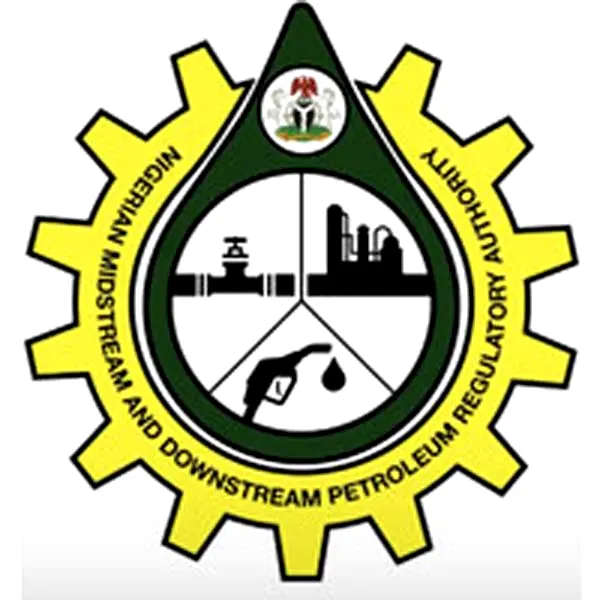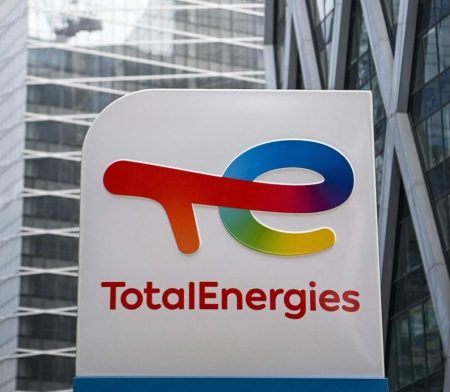
Mkpoikana Udoma
Port Harcourt — The Nigerian Midstream and Downstream Petroleum Regulatory Authority, NMDPRA says more collaborations and interventions are needed to improve domestic gas utilization in the country, despite the various initiatives and policy framework set up by the federal government.
The Chief Executive Officer of NMDPRA, Engr Farouk Ahmed, who disclosed this in Port Harcourt during a stakeholders’ engagement on gas utilization in Nigeria, assured that the Authority as empowered by the Petroleum Industry Act remains poised to enable the growth of the industry.
Ahmed said the engagement with stakeholders was imperative to create the necessary awareness and make the compelling case for industry operators to foster a compliance culture which alone guarantees safer and sustainable facilities.
He further added that the engagement which seeks to encourage large consumers of petroleum products to not only operate within the regulatory space, but also to become aware of the comparative advantages between the different fuels particularly gas, which has been designated as Nigeria’s transition fuel.
“It is in this regard that the Federal Government has put in place various initiatives and policy framework including National Gas Expansion Programme, NGEP, and the Decade of Gas Programme, DOGP. The PIA has also established within the Authority, the Midstream and Downstream Gas Infrastructure Fund to catalyze gas investments.
“These efforts are yielding significant results; yet more collaborations and interventions are needed to improve domestic gas utilization.”
Also, the Executive Director, Distribution Systems, Storage and Retailing Infrastructure, Ogbugo Ukoha, noted that some of the heaviest consumers of diesel were operating outside the regulatory oversight which was not in accordance with the
Petroleum Industry Act.
Ukoha said the objective of the engagement was to enlighten such consumers on the need to urgently obtain the requisite petroleum storage license and to engender the transition from diesel, kerosene and fuel to gas.
According to him, the Authority’s twelve gazette regulations define the licensing regimes, procedures and standards for handling petroleum products which when breached pose increased risks.
“In addition, gas as the transition fuel represents a cleaner and more cost-effective energy source. We encourage operators and businesses to take advantage of the evolving opportunities in the gas value chain for sustainable business growth by positioning their energy needs to embrace gas derivatives (LNG, LPG, CNG, Auotogas, Propane & Butane) in order to hedge against future global uncertainties to Diesel supply.
“The support and collaboration of operators and business are enjoined to achieve a safer and cheaper energy operating environment. The Authority accordingly appeals to all petroleum handlers to fully comply with the provisions of the PlA and NMDPRA regulations and thereby avoiding strong regulatory enforcement which may adversely impact on business operations.”
Follow us on twitter



